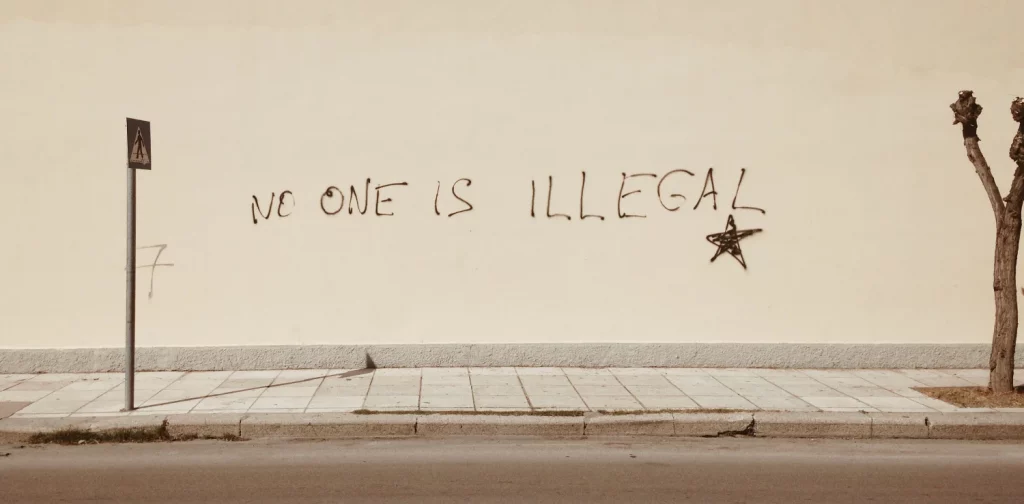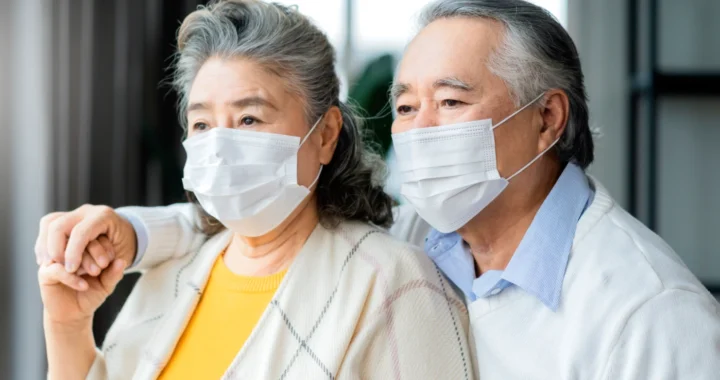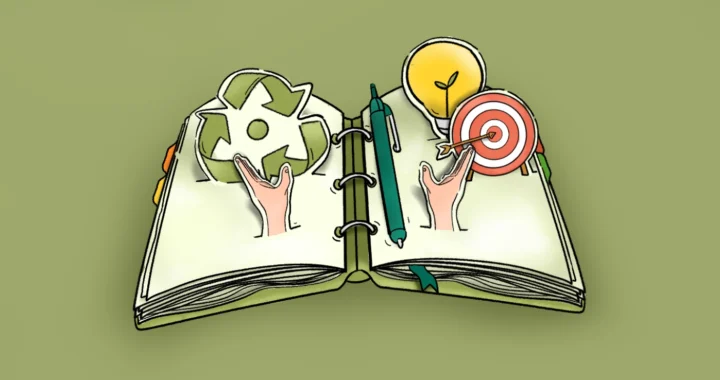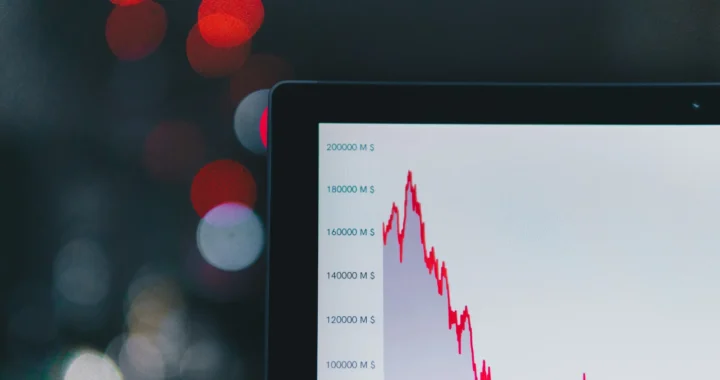Empowering Migrants Against Climate Disasters

Photo by Miko Guziuk on Unsplash.
Migration has been a part of our world’s development as people seek refuge and employment in other countries. Yet, they often don’t get enough protection to be able to lead a decent life. As we are grappling with climate change, protecting migrants has become fundamental for countries, especially those that are prone to climate-related disasters.
Climate, Migrants, and Protections
Climate change affects all of us regardless of our citizenship. As the planet is suffering from climate-related disasters, many people are forced to relocate in search of a safe place to continue living. This especially rings true in Southeast Asia, whose countries are particularly vulnerable to disasters like floods, droughts, and storms. Unfortunately, they and others who migrate for various reasons are threatened due to insufficient protections.
Migrants become particularly vulnerable during climate emergencies. This is because they are often not included in the national or local-level disaster preparedness and response plans, causing them to lack access to credible information and social protections.
In response to this, the International Organization for Migration (IOM) facilitates the implementation of the Migrants in Countries in Crisis (MICIC) initiative to support migrant protection efforts in countries experiencing crises.
Migrants in Countries in Crisis
As a part of the United Nations, the IOM aims to provide services on migrations for national governments and migrants. This includes refugees, displaced persons, and migrant workers. The MICIC Initiative was launched in 2014 as a government-led effort co-chaired by the United States and the Philippines to “improve the protection of migrants when the countries in which they live, work, study, transit, or travel experience a conflict or natural disaster.”
In 2016, the MICIC Initiative developed a guideline titled “Guidelines to Protect Migrants in Countries Experiencing Conflict or Natural Disaster,” providing 15 practical guides on properly preparing for and responding to crises for stakeholders from local to international levels. As the name suggests, the guideline seeks to provide crisis-responsive actions that protect and empower migrants, leverage their capacities, and help migrants and communities recover from crises.
In Southeast Asia, the IOM has been developing the governments’ and partners’ capacity to adopt the MICIC principles and implement them as actions. Thailand was among the first countries to adopt these guidelines by providing training for more than 170 officials and 1,500 community members, ranging from workshops to live simulation exercises.
First, save lives
In the spirit of leaving no one behind, it is increasingly important for governments and all related stakeholders to take action to protect migrants. The MICIC initiative serves as guidance, both in principle and practice, for implementing measures that include migrants.
“It is now incumbent on us all not to let this guidance collect dust on bookshelves, but to put these Guidelines into practice around the world to reduce the suffering and despair of migrants affected by crises—situations of real despair we have witnessed too many times in recent years,” said Peter Sutherland, the Special Representative of the United Nations Secretary-General for International Migration.
Editor: Nazalea Kusuma

If you find this content useful, please consider subscribing to Green Network Asia.
Your subscription will give you access to our interdisciplinary and cross-sectoral insights on sustainability-related issues and sustainable development across the Asia Pacific and beyond, strengthening your personal and professional development while supporting GNA’s financial capacity to continue publishing content dedicated to public education and multi-stakeholder advocacy.
Select Your Subscription Plan
Kresentia Madina
Madina is the Assistant Manager for Digital Publications at Green Network Asia. She graduated from Universitas Indonesia with a bachelor's degree in English Literature. She has three years of professional experience working on GNA international digital publications, programs, and partnerships particularly on social and cultural issues.


 Air Pollution Is Linked to Higher Dementia Risk
Air Pollution Is Linked to Higher Dementia Risk  Developing Financing Initiatives for the ASEAN Power Grid
Developing Financing Initiatives for the ASEAN Power Grid  Imparting Actionable Knowledge Through Sustainability Training Activities
Imparting Actionable Knowledge Through Sustainability Training Activities  Stop Funding Factory Farming in Vietnam: Pathway to Financing a Just and Sustainable Food System
Stop Funding Factory Farming in Vietnam: Pathway to Financing a Just and Sustainable Food System  When Green Turns Excessive: The Overproduction and Overconsumption of Reusables
When Green Turns Excessive: The Overproduction and Overconsumption of Reusables  SDG Venture Scaler Aims to Drive Sustainable Investment in Southeast Asia
SDG Venture Scaler Aims to Drive Sustainable Investment in Southeast Asia